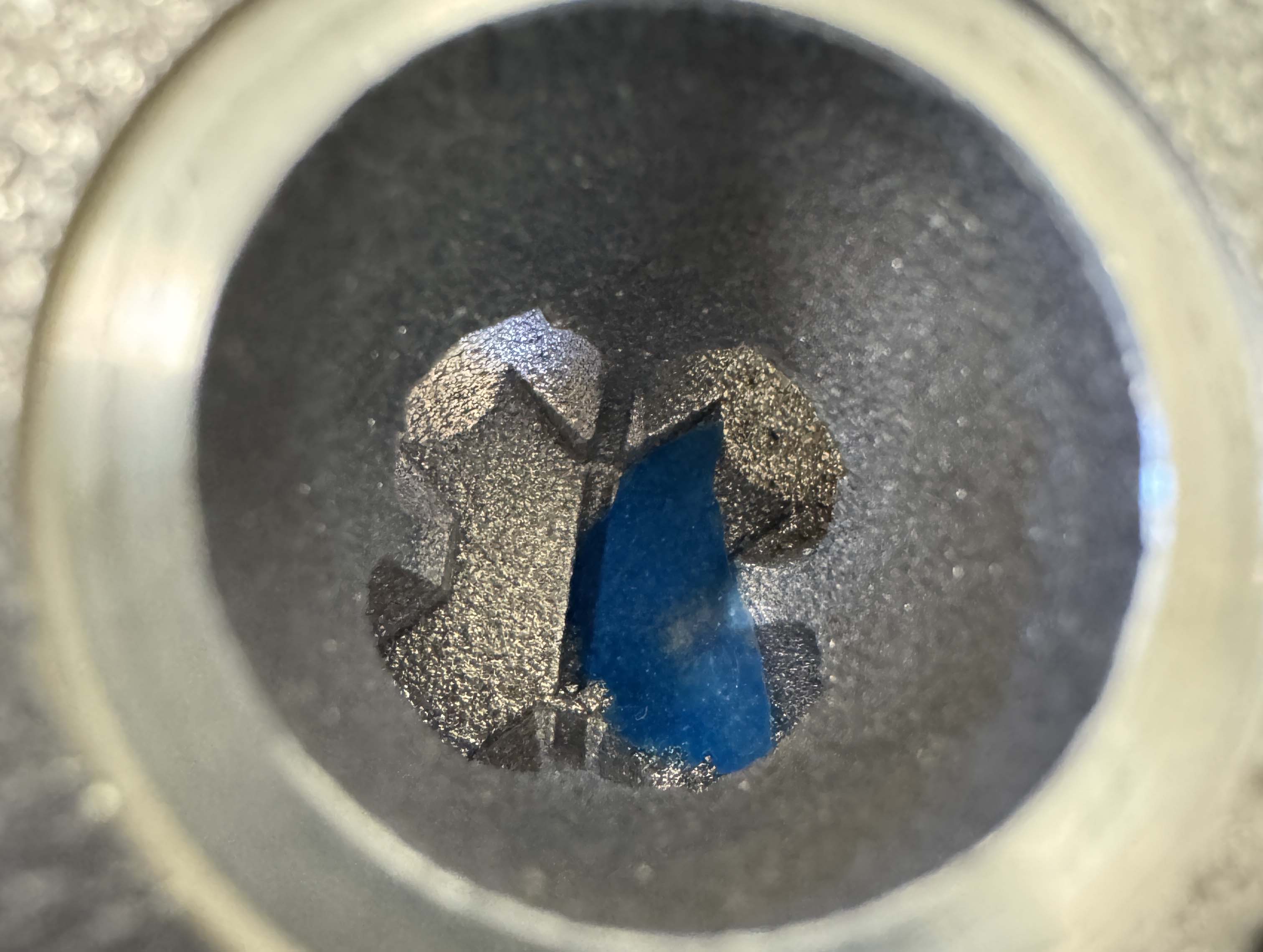
Inorganic chemistry comprises the study of all elements of the periodic table, and the trends that unite them. This course will begin from a theoretical basis describing chemical bonding and structure in the context of group theory, molecular orbital theory, and hard/soft acid/base theory. These theories will be applied to coordination complex synthesis and the applications of coordination, organometallic, and bioinorganic compounds. The modern chemistry of thin layers, nanomaterials, and f-block elements will subsequently be explored. Applications of these inorganic principles of rational design are explored in fields including medicine, renewable energy, geoscience, and catalysis.
Top learning goals:
1. Apply the principles of group theory and molecular orbital theory to predict the structure of inorganic compounds, their properties, and their reactivity.
2. Understand the role of inorganic compounds in a variety of disciplines, including energy, biochemistry, and materials science.
3. Understand the full variety of nonmolecular inorganic structures and materials.
- Teacher: Adam Hill
- Teacher: Malia Ruggiero